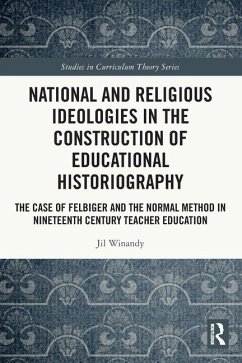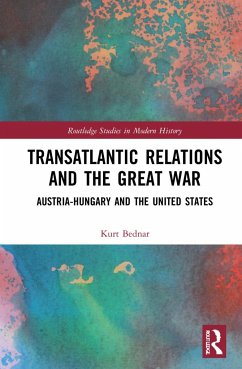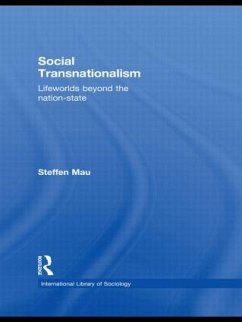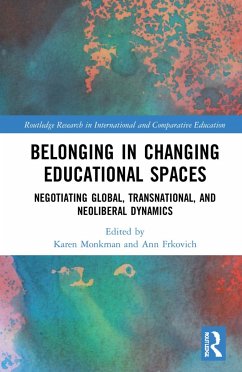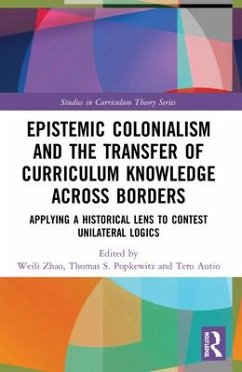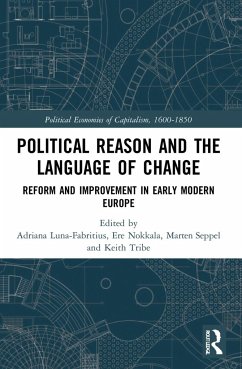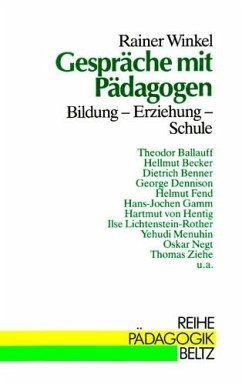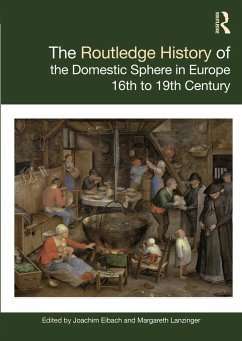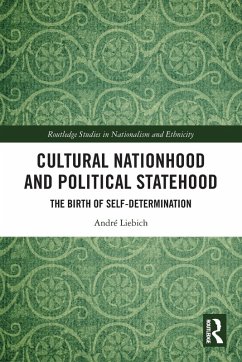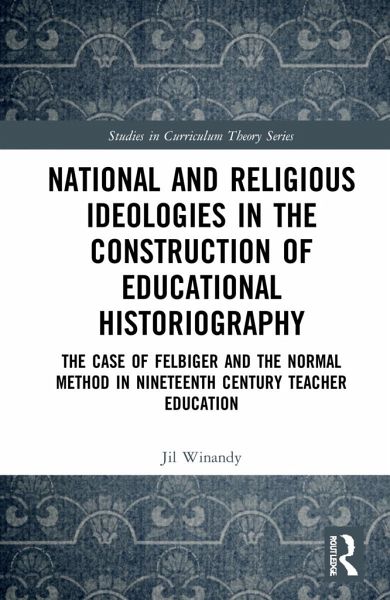
National and Religious Ideologies in the Construction of Educational Historiography
The Case of Felbiger and the Normal Method in Nineteenth Century Teacher Education
Versandkostenfrei!
Versandfertig in 6-10 Tagen
154,99 €
inkl. MwSt.

PAYBACK Punkte
77 °P sammeln!
Documenting the reception of the pre-eminent Austrian school reformer Johann Ignaz Felbiger and his pedagogical thought in European histories of education in the nineteenth century, this volume demonstrates how national and religious ideological preferences have propelled the construction of fundamental biases in educational historiography.Covering more than 200 years and multiple national contexts, this book's case studies of France and Switzerland, as well as close analysis of historical documents and textbooks, reveal how a canon of glorified historical "heroes" have been promoted over and ...
Documenting the reception of the pre-eminent Austrian school reformer Johann Ignaz Felbiger and his pedagogical thought in European histories of education in the nineteenth century, this volume demonstrates how national and religious ideological preferences have propelled the construction of fundamental biases in educational historiography.
Covering more than 200 years and multiple national contexts, this book's case studies of France and Switzerland, as well as close analysis of historical documents and textbooks, reveal how a canon of glorified historical "heroes" have been promoted over and above other educational actors, with the aim of morally instructing future teachers according to national and religious values. Based on a strong array of historical sources, the author demonstrates how biased educational historiographies are utilized in gaining support for certain pedagogical and curricula models. Through the deep examination of textbooks used in teacher training and the explication of the work and actual influence of Felbiger's method in Catholic parts of Europe, this book captures how these narratives impact our understanding of early national histories.
Offering new knowledge in the history of curriculum studies, this volume will be of interest to scholars and researchers with an interest in the history of education, as well as comparative teacher education.
Covering more than 200 years and multiple national contexts, this book's case studies of France and Switzerland, as well as close analysis of historical documents and textbooks, reveal how a canon of glorified historical "heroes" have been promoted over and above other educational actors, with the aim of morally instructing future teachers according to national and religious values. Based on a strong array of historical sources, the author demonstrates how biased educational historiographies are utilized in gaining support for certain pedagogical and curricula models. Through the deep examination of textbooks used in teacher training and the explication of the work and actual influence of Felbiger's method in Catholic parts of Europe, this book captures how these narratives impact our understanding of early national histories.
Offering new knowledge in the history of curriculum studies, this volume will be of interest to scholars and researchers with an interest in the history of education, as well as comparative teacher education.



